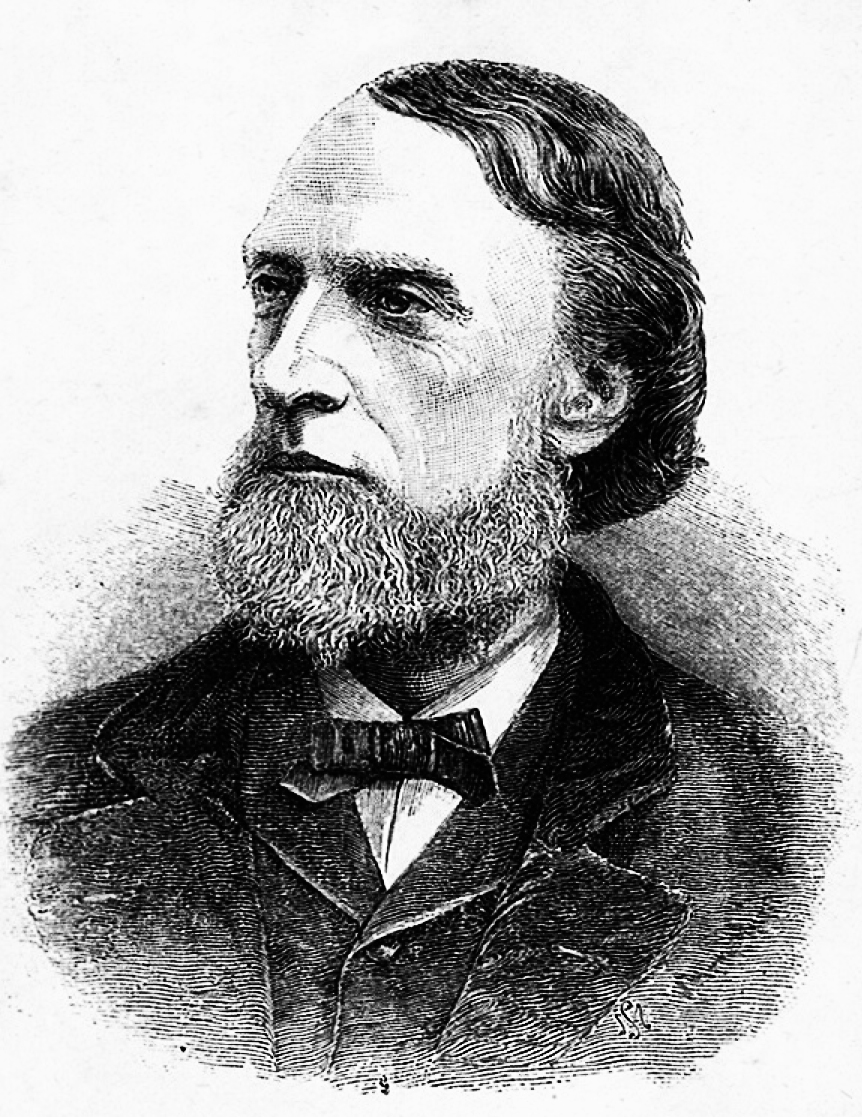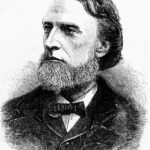Description
A T Pierson Keys to The Word
Keys to the Word
by
Arthur T. Pierson
A T Pierson Keys to The Word
Contents
INTRODUCTION. 6
GENESIS. 12
EXODUS. 14
LEVITICUS. 16
NUMBERS. 18
DEUTERONOMY. 20
JOSHUA. 23
JUDGES. 25
RUTH.. 27
I. II. SAMUEL. 29
I. II. KINGS. 32
I. II. CHRONICLES. 35
EZRA. NEHEMIAH. 38
ESTHER. 41
THE POETIC BOOKS. 43
JOB. 47
PSALMS. 49
PROVERBS. 51
ECCLESIASTES. 53
THE SONG OF SOLOMON. 55
THE PROPHETS. 57
ISAIAH. 59
JEREMIAH. 61
LAMENTATIONS. 63
EZEKIEL. 65
DANIEL. 67
THE MINOR PROPHETS. 70
HOSEA. 72
JOEL. 73
AMOS. 74
OBADIAH. 75
JONAH. 76
MICAH. 78
NAHUM. 79
HABAKKUK. 80
ZEPHANIAH. 82
HAGGAI. 83
ZECHARIAH. 85
MALACHI. 86
THE NEW TESTAMENT. 88
THE FOUR GOSPELS. 90
MATTHEW. 92
MARK. 94
LUKE. 96
JOHN. 98
ACTS. 100
THE EPISTLES. 102
ROMANS. 103
I. CORINTHIANS. 105
II. CORINTHIANS. 107
GALATIANS. 109
EPHESIANS. 111
PHILIPPIANS. 113
COLOSSIANS. 115
I. II. THESSALONIANS. 117
I. II. TIMOTHY. 119
TITUS. 121
PHILEMON. 123
HEBREWS. 125
JAMES. 127
I II. PETER. 129
I. JOHN. 131
II. JOHN. 133
III JOHN. 134
JUDE. 135
REVELATION. 136
A T Pierson Keys to The Word
EDWARD NORTH, L.H.D.,
Professor of the Greek Language and Literature in Hamilton
College,
WHO,
WITH THE CULTURE OP THE ATHENIAN SCHOLAR, BLENDS THE CONSECRATION OP THE CHRISTIAN TEACHER.
AND
Whose contagious enthusiasm in the Greek tongue, and child like reverence for the Holy Scriptures,
FIRST INSPIRED IN THE AUTHOR A DESIRE AND DETERMINATION TO READ THE WORD OF GOD IN THE ORIGINAL,
THIS HUMBLE ATTEMPT TO UNLOCK SOME OP ITS HIDDEN BBAUOTS
IS AFFECTIONATELY AND GRATEFULLY
INSCRIBED.
A T Pierson Keys to The Word
INTRODUCTION.
THE LAWS OF BIBLE STUDY.
Back even of Genesis there is still a beginning, in the adoption of proper methods of Bible study, which should be considered at the outset. The Bible itself gives emphatic directions for its proper examination. First of all we are to remember that as the Book of God, inspired by the Holy Spirit, it demands, for its true perusal, a mind illumined by that same Spirit. Goethe says, that before a reader complains of obscurity in an author, he should examine whether he himself is “clear within; in the twilight a very plain writing is illegible.” “The natural man receiveth not the things of the Spirit of God, neither can he know them because they are spiritually discerned.” No amount of light on the pages will compensate for a blind eye. “If the light that is in thee be darkness, how great is that darkness!” The Bible should be taken up with the prayer, “Open Thou mine eyes, that I may beheld wondrous things out of Thy law.”
A T Pierson Keys to The Word
This must be emphasized at the very threshold. No man can have spiritual insight into the Word of God without the influence of the illumining Spirit. The most able commentators have been the most devout. Bengel, author of “The Gnomon,” bathed his studies in tears and hallowed them with prayers. Unless taught of the Holy Ghost, the Bible is a sealed book even to the learned.
This being assumed, three direct rules are found in the Word of God for its successful study:
“SEARCH,” “MEDITATE,” “COMPARE.”
I. Search (Jno. v. 39): There is a great deal of listless, careless reading. Coleridge divided readers into four classes. The first class he com pares to “an hour-glass; their reading being as the sand, it runs in and runs out, and leaves not a vestige behind. A second class resembles a sponge, which imbibes everything and returns it in nearly the same state. A third class is like a jelly-bag, which allows all that is pure to pass away, and retains only the refuse and dregs. The fourth class, like the slave of Golconda, cast aside all that is worthless, preserving only the pure gems.” Or perhaps we might compare this fourth class to the gold-pan used for retaining the pure metal while the refuse is washed out The only profitable reading of God’s Word is a searching reading. The word translated “search”, is emphatic and intense: it literally means to “look carefully,” as a wild animal searches the sands to find the footsteps of a stray cub. The Bible is full of hidden treasures, to be sought as the merchantman sought goodly pearls. They are not revealed to indifferent and superficial readers.
A T Pierson Keys to The Word
The true beauty of a Scripture passage does not lie on the surface, nor reveal itself to a careless eye. A fragment of spar, which at first seemed lustreless and unattractive, as you turn it in your hand, and let the light strike it at a certain angle, reveals beautiful radiance and even prismatic colors. A fragment of Scripture which is comparatively dull and dead to a superficial reader, becomes, in the hand of a devout student, a marvel of beauty He turns it round and round, views it at every angle, till he sees the light of God break through it, and it shines with the sevenfold beauty of the divine attributes. Michael Angelo, on examining the work of one of his students, took his pencil and wrote on it the one word—“amplius”—wider. That word needs to be written over all our Scripture ‘ studies.
A T Pierson Keys to The Word
2. Meditate (Psalm 1.2): The process of prayerful reflection,—prolonged and concentrated thinking,—is the secret of true knowledge of the Word. There is a process of infusing, suffusing, transfusing the whole nature with the divine Word, and it consists in devout meditation. The whole nature should be immersed in the Scriptures till they penetrate and permeate our whole being; till the mind is saturated with holy thoughts, the heart with holy affections, the memory with holy associations. This enables us to overcome evil with good.
Dr. Chalmers, riding on a stage-coach, by the side of the driver, said: “John, why do you hit that off leader such a crack with your lash?” ”Away yonder,” said he, “ there’s a white stone , that off leader is afraid of that stone; so, by the crack of my whip and the pain in his legs, I want to get his idea off from it.” Dr. Chalmers went home, elaborated the idea, and wrote “The Expulsive Power of a New Affection.”
A T Pierson Keys to The Word
Great is the expansive and expulsive power of the Word of God when it indwells in the soul. Preoccupation is the true law of possession and conquest. The mind filled with God’? own truth has no room for inferior, and especially for defiling, thoughts. Temptation has no hold upon a heart already thrilled with the love of things divine. Meditation on the Word of God begets that spiritual mind which is the very opposite of the carnal mind, and the secret of life and peace.
3. Compare (1 Cor. ii. 13): Dr. A. J. Gordon likens Scriptural teachings to a dissected picture, the fragments of which are scattered through the Word, needing to be brought together, laid side by side, matched and jointed, that they may present one complete view of truth. Let the careful student make trial of this method, and he will find not only the highest pleasure, but the highest profit. Almost any heresy may borrow apparent sanction from isolated Scripture texts, and so “even the Devil can cite Scripture to his purpose”; but when spiritual things are compared with spiritual, they mutually complete, vindicate, and illustrate each other.
A T Pierson Keys to The Word
Take, for instance, “Life Eternal” as set forth in the Gospel according to John. Begin with the first mention of Life, in the fourth verse of the first chapter, and follow the process and progress of development of the grand thought and theme till you reach chapter twentieth, verse thirty-first, where all the teachings of that sublime Gospel are summed up in one sentence; and there will be found, at every new stage of progress, some new and beautiful addition to the complete truth. You are reminded of the story of Michael Angelo and the “sleeping cupid,” whose disjointed members had been separated and buried, and were again brought together in one beautiful statue.
These are the general principles upon which the Word of God itself counsels the earnest reader to pursue his study.
Beside these there are some obvious methods for successful mastery of the contents of the Bible which ought to be carefully observed.
Among them all none is of more importance than to find out the exact purpose and object of each book. To know who wrote it, where and when it was written, in what circumstances and for what end, is to throw a flood of light upon every chapter and verse. Bishop Percy therefore says, that “To understand the specific use of each book is the best commentary, and often makes needless any other.” It is like a guidebook or map of a country in the aid it furnishes the traveler.
A T Pierson Keys to The Word
Having found the meaning of any book, as a whole, we are prepared to examine into details, to search into each verse, and ascertain its relation to the great general purpose for which the book was written, and the circumstances in which it was composed. To know that Paul wrote, at Ephesus, the first Epistle to the Corinthians, may help us to understand that third chapter in which the gold, silver, and precious stones of Diana’s great fane are contrasted with the wood, hay, and stubble of the wretched huts and hovels of the abject poor. The Epistle to the Hebrews we shall expect to find full of references to Hebrew usages, customs, rites and ceremonies; and some things in it which would be stumbling-stones to gentile readers, become stepping-stones to the Hebrew believer.
We must not forget that every step of Biblical study should be pursued intelligently. We ought to go no faster and no farther than we understand. “Understandest thou what thou readest?” As in eating, it is not the quantity or even quality of food that determines nutritive value, but our power and capacity to appropriate and assimilate, so the profit of Bible study depends not on how much we read, but on how much we understand, receive, incorporate into ourselves. One verse thoroughly mastered, so that it lodges a new thought in the mind, a new joy in the heart, a new purpose in the life, is worth a hundred chapters read hastily, thoughtlessly, without leaving an impression behind. It pays to do thoroughly what we do at all, especially in Biblical study.
This book must be judged by its aim. It is the result of the author’s search for keys to unlock the Word of God. Some key-word, with a corresponding key-text, being chosen as a general index to the contents of each book, the main features are sketched in bold outline, and minor details and divisions added in smaller type.
Before closing this introduction, we call our reader’s attention to the twelve conspicuous symbols chosen in the Word of God, to represent its uses and the range and scope of its application to all our needs. We class them under seven divisions.
- The mirror, to show us ourselves as we are and may be. (James i. 25.)
- The laver, to wash away our sin and defilement. (Ephes. v. 26.)
- The lamp and light, to guide us in the right way. (Ps. cxix. 105.)
- The milk, bread, strong meat, and honey— affording sustenance and satisfaction to the believer, at all stages of spiritual development. (Hebrews v. 12-14; Ps. Xix. 10 etc.)
- The fine gold, to enrich us with heavenly treasure. (Ps. xix. 10.)
- The fire, hammer, sword, to be used in the work and warfare of life. (Jer. xxiii. 29; Heb. iv. 12; Ephes. vi. 17.)
- The seed, to beget souls in God’s image and to plant harvest fields for God. (Jas. L 18 I Pet. i. 23; Matt, xiii.






Reviews
There are no reviews yet.